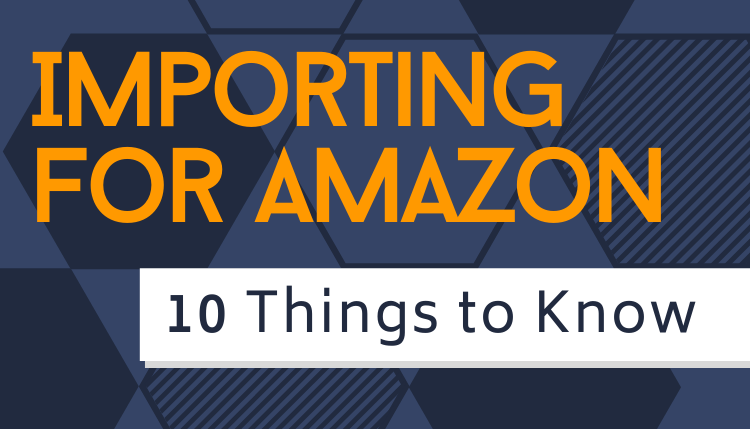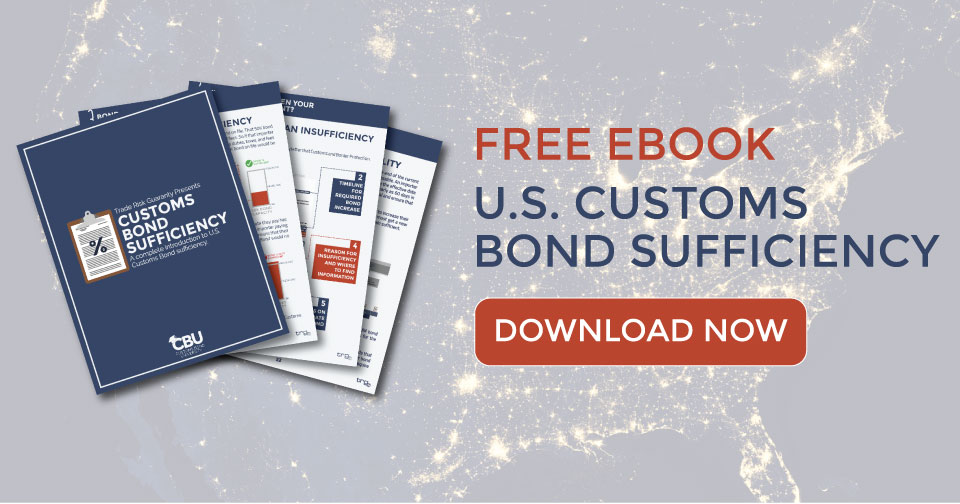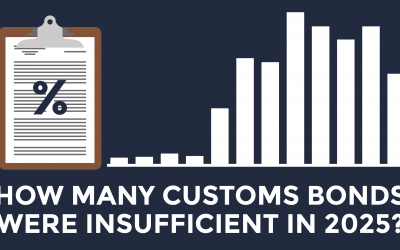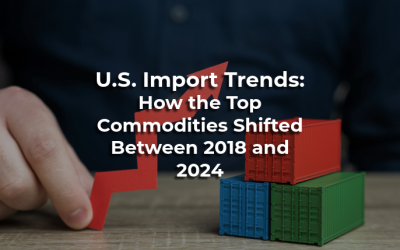As an importer of Fulfilled By Amazon (FBA) products, you are responsible for making arrangements to have your goods shipped to the United States, cleared through customs, sent on to their final destination, and meeting all of Amazon’s regulations.
1. Have your products inspected before they are shipped.
Have an inspection conducted in the country of origin to determine if FBA merchandise is defective before it leaves the port. It is difficult and expensive to make returns if the goods arrive in the U.S. defective and unsellable.
It is crucial to conduct the inspection in the country of origin because if there is anything mistaken during the inspection, you can easily have the merchandise re-worked in the factory directly. Even if you have approved product samples beforehand, you should still have your products inspected before they are shipped from the country of origin.
2. Obtain a Customs Import Bond.
Having a bond on file is a mandatory requirement to import into the United States, and goods will not be cleared at their port of entry without one. Customs requires that a bond be posted with every ISF and Customs Entry to ensure that all duties, taxes, and fees owed to the federal government are paid.
A U.S. Customs Bond is a three-party contract between a bond principal, a Treasury-listed surety, and U.S. Customs and Border Protection (CBP). The bond principal is usually a person or company that imports goods into the United States and is also known as the Importer of Record.
Importers can choose between purchasing a Single Entry Bond or a Continuous Customs Bond. The most cost-effective method for regular importers tends to be a Continuous Customs Bond. The other option is for an importer to obtain a Single Entry Bond for a single shipment, which adds up to much more than a continuous bond when they ship often.
3. Hire a freight forwarder to ship your products to your final destination.
Hiring a freight forwarder is helpful for shipping your FBA products to your final destination because they arrange the necessary paperwork and the process of transporting goods.
A freight forwarder arranges numerous aspects of the import and export process, such as booking cargo space, negotiating freight charges, consolidating freight, and hiring necessary logistics companies.
Those importing small amounts of goods can do without a freight forwarder, but will likely need to invest time in managing logistics, shipping documentation, and Customs forms.
4. Choose the ideal shipping method between ocean freight, air freight, and air courier.
Freight shipments are shipments of 150 lbs. or more. Possible shipping methods include ocean freight and airfreight. It is essential to evaluate which method makes the most sense with your timeline, budget, shipment weight, and product durability.
Ocean freight is generally the most cost-effective, especially for large shipments. However, using this method is the slowest and can take anywhere between 30 to 40 days to reach the U.S.
Airfreight costs more but is quicker than ocean freight. This is ideal for lighter, smaller shipments and can be delivered as quickly as three days but could take up to 15 days.
5. Avoid importing counterfeit products or products in violation of intellectual property rights.
Shipments that are suspected of being counterfeit or in violation of intellectual property rights will be rejected at the port of entry in the United States. These shipments are often ordered to be destroyed. Otherwise, the importer must go through the expensive process of having to export the products somewhere else.
If you want to sell trademarked goods, be sure you have permission from the holder of the trademark. Agencies inspecting at the border will want evidence that you’re a legitimate importer of the product.
6. Be sure that you are meeting labeling requirements.
Labeling requirements are something importers should research and plan to comply with before importing. Shipments often get rejected due to insufficient labeling. Importers need to double-check that their supplier knows how goods must be labeled and have agreed to do so before sending them.
7. Know the Amazon regulations and policies that apply.
It is necessary to understand the laws that apply to you as a seller on Amazon. FBA Sellers must follow the requirements that apply and offer products on Amazon that they:
- Are permitted to sell
- Can deliver to the customer on time with no surprises
- Can support after the sale
8. Never put Amazon as the Importer of Record on any document.
FBA Sellers that choose to send inventory directly to Amazon from outside the Elected Country are the importer and consignee of that shipment. Amazon will not act as an importer or the consignee for a seller. If you send goods directly to Amazon, use them as the ultimate consignee and never as the Importer of Record. Otherwise, they will reject your shipment.
9. Get familiar with the import process with Customs and Border Protection.
Customs and Border Protection (CBP) provides guidance to the import community to increase compliance with domestic and international customs laws. When importing in the United States, the following steps must be taken to ensure your shipment can arrive safely and legally without resulting in CBP storage fees or damages:
- Make arrangements at a CBP port of entry
- Declare the entry of your goods
- File for cargo release
- File an entry summary
- Pay estimated Customs duties
- Ensure entry documentation is complete
For further insight into the federal regulations for importing in the United States, refer to the U.S. Government Publishing Office’s codes.
10. Protect your goods while they are in transit.
Marine cargo insurance covers the loss, damage, or theft of commodities while in transit, and there are different types of cargo insurance to cover any importer’s needs.
Losses occur during transport daily due to a wide variety of reasons, including cranes puncturing containers, water making its way inside the container, and theft. How would it affect you if you lost the value of an entire FBA shipment? Contact TRG today and get a free Marine Cargo Insurance quote.







